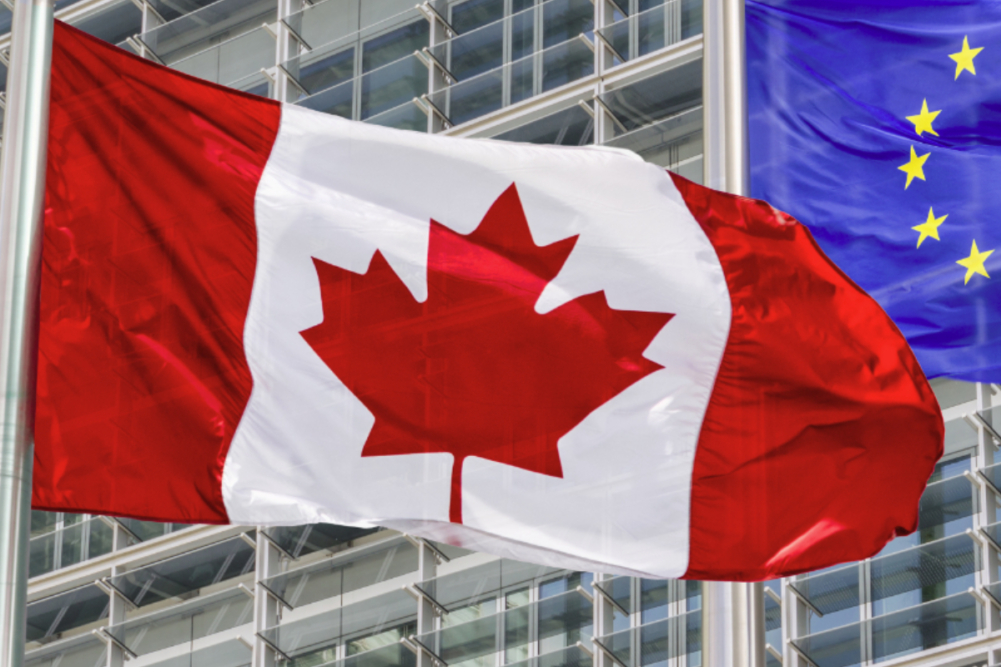OTTAWA, ONTARIO – The government of Canada announced an investment of C$50 million to help companies adopt measures necessary to comply with the mandatory 14-day isolation period required of all workers arriving from abroad as a result of the ongoing coronavirus (COVID-19) pandemic.
Employers must pay workers for the two weeks they are in quarantine. Many employers are also responsible for providing transportation and accommodations, as well as access to food and basic supplies needed to meet requirements imposed by Canada’s public health authorities. To help manage costs, the government has pledged to pay employers C$1,500 per temporary foreign worker to ensure employers can meet the isolation requirements.
“Temporary foreign workers have been an integral part of the Canadian workforce and food supply chain for decades,” said Carla Qualtrough, minister of employment, workforce development and disability inclusion. “Today’s announcement will help to protect the health of Canadians, while ensuring a steady labor supply to support our economy and ensure our food security during these extraordinary times. There will always be jobs for Canadians who want to work and support these sectors.”
To qualify, employers cannot be found in violation of the mandatory 14-day isolation protocols or any other public health order. This program will be available while Canada’s Quarantine Act is in force and the isolation protocol is followed, the government said.
Canada struggled with labor shortages in the food and agriculture sectors before the pandemic. In response to the shortages, Canada granted an exemption from travel restrictions to Canada for temporary foreign workers and those with student and work visas, provided they adhere to a strict 14-day isolation protocol upon arrival.
“Temporary foreign workers have long been key to our food supply,” said Marco Mendicino, minister of immigration, refugees and citizenship. “We will work with farmers and food processing employers to ensure they get the workers they need and that plans are in place to meet mandatory isolation requirements.”


